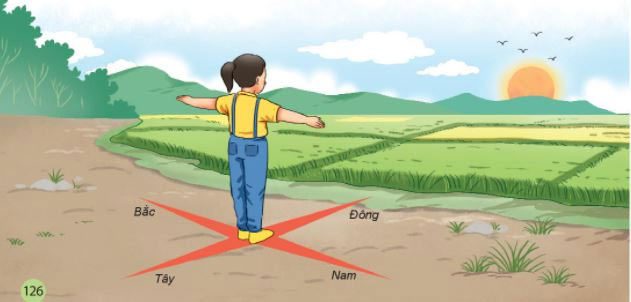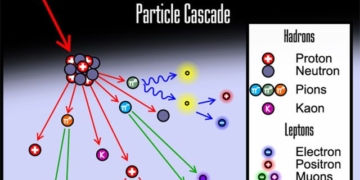A large navigation study shows that individuals born outside urban areas have better navigation skills than their city-dwelling counterparts. The results also suggest that learning to navigate complex environments during childhood strengthens the neural pathways related to spatial awareness skills.
Nearly 400,000 people from 38 countries around the world participated in a video game called Sea Hero Quest, designed by neuroscientists and developers as an engaging way to gather data about people’s brains. In this game, players must navigate a boat to find various targets.

The childhood environment determines individual differences in navigation skills.
On average, individuals who reported growing up outside urban areas, where they likely encountered more winding roads, were better at locating targets compared to those raised in cities.
Cognitive scientist Antoine Coutrot from the French National Centre for Scientific Research (CNRS) stated: “Moreover, the differences between city residents and those from rural areas are most pronounced in countries where cities tend to have simpler, grid-like layouts, such as Chicago with its streets arranged at 90-degree angles.”
However, from this video game data, scientists cannot definitively conclude that the childhood environment determines individual differences in navigation skills.
Nonetheless, Coutrot affirmed: “If you are exposed to a complex environment as a child, you will learn how to find your way and develop appropriate cognitive processes to do so.”
Other demographic information related to navigation performance includes age, gender, education level, and even superior olfactory senses. Understanding these details will provide doctors with a more accurate basis for assessing a person’s navigation abilities. This, in turn, could help reveal when these skills decline, such as during the early stages of Alzheimer’s disease.


















































